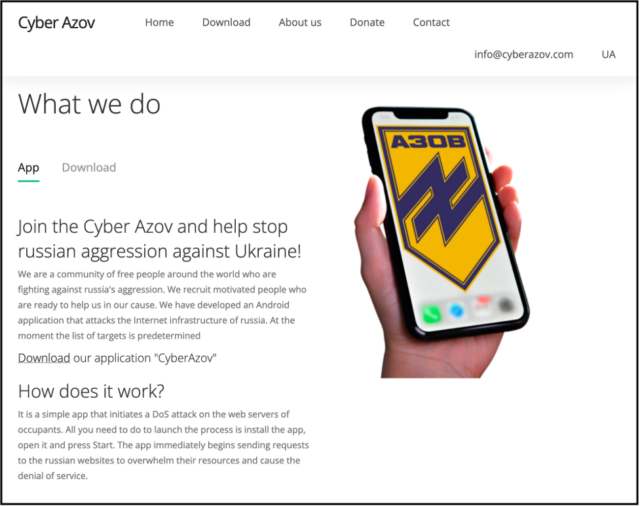DDoS attacks rise as pro-Russia groups attack Finland, Israel
The pro-Russia hacker group NoName057(16) reportedly claimed it was behind Denial of Service (DoS) attacks against the Finnish parliament’s website on Tuesday, the day the country joined NATO. The country’s Technical Research Centre of Finland was also hacked, according to Finnish news site, YLE. NoName057(16) is the same group that took responsibility for a distributed denial of service attack, taking down the website for the country’s parliament last August, and who also attacked Ukraine, the U.S., Poland and other European countries.
In January, multiple outlets reported that GitHub had disabled NoName057(16)’s account after the group was linked to attempts to hack the Czech presidential election candidates’ websites.
Jump to:
Israel hit by Killnet proxy
This week, Russia-aligned hacktivists also attacked one of the biggest names in security, Check Point, along with universities and medical centers in Israel, the Jerusalem Post reported.
The group called itself “Anonymous Sudan,” but Nadir Izrael, CTO and co-founder of Israel-based asset visibility and security firm Armis, said the attacker is likely aligned with pro-Russia hacktivist group Killnet.
“For the most part the way security companies track these groups is based on the kinds of messages they post and similarities in text and tools,” he said. “The messages that come from these groups are mostly in Russian and English. It’s a bit like how the FBI does profiling: they look for similar MOs and tools, and backtrack to sources. In the case of DDoS attacks you are looking at lots of different devices worldwide from different regions of the world that are all at once trying to access a certain web site.”
He said it is likely that the next attack will occur on April 7, 2023, as part of the annual OpIsrael, when hackers and hacktivists attack Israeli organizations, companies and personalities.
“Even if the disruption itself doesn’t seem prominent, a cyberattack on a government or an organization can create an underlying fear of chaos amongst citizens,” he said, adding that 33% of global organizations are not taking the threat of…





